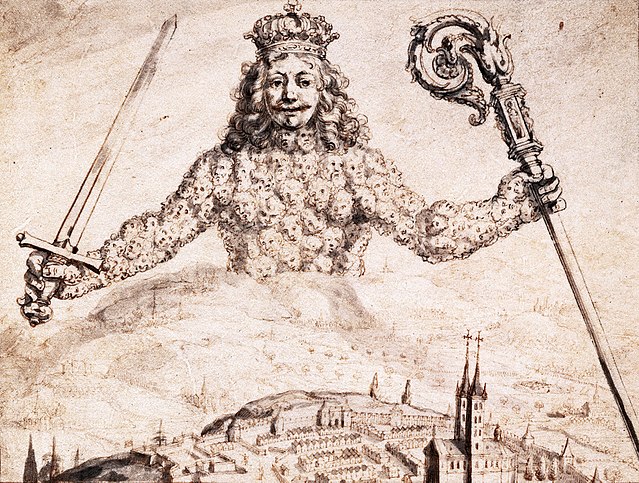Can one make a moral case for fighting? Looking back at antiquity and investigating some philosophical reasoning, a moral case might be made.
“The only thing necessary for evil to triumph in the world,” wrote Edmund Burke, “is that good men do nothing.” Well, actually he didn’t. But the quote has been attributed to him, most likely following an actual quotation which reads “When bad men combine, the good must associate; else they will fall, one by one, an unpitied sacrifice in a contemptible struggle.” In any case, the fundamental point is the same: if good men are not prepared to act, evil is likely to triumph.
Readers might wonder what such a quote has to do with fighting. Martial arts are sports, hence, such divisions into good and evil seem unnecessary. But the point here is not about fighters in a ring or octagon, but rather as a response to critics of the sport in general. MMA was illegal in France until very recently and remains under strict regulation in many other places, such as Norway. The argument presented here is not one that aims at convincing every sceptic of the glories of the sport but aims at addressing the question of the violent impulse that sports such as MMA seek to stem.
Thucydides states in the Peloponnesian War that wars are fought out of fear, honour, or interest. There may even be a combination of these reasons. These motivating factors in life seem to be human universals, although the object of fear, honour, or interest may vary. In other words, as long as these aspects of life exist, the threat of violence persists. Much later, Thomas Hobbes would develop his own account of why wars – or violent acts at large – exist.
The Hobbesian view is that war is natural and comes from human nature. Only the threat of greater, state-imposed violence, controls the warring state of man’s natural struggle of every person against every other. For the French philosopher Jean-Jaques Rousseau, however, war is not natural as the nature of man is peaceful. Rather, war comes from civilisation. It seems to me that violence is in a sense natural, as we see examples of violence in every culture and across every age, even prior to anything we might term “civilisation.” I differ from Hobbes in thinking the state of humans is not of violence per se, but of disordered appetites which need to be reined in. The guide here is Plato.
For Plato, humans have a violent streak (thumos in Greek), which must be controlled by reason. In the Republic, he argues for this by giving the analogy of a state. A state must be ruled by the best, by philosophers. The army is necessary, but if it is in control the sense of honour takes over and it becomes an authoritarian regime (or timocracy). Instead, the best should lead (aristocracy). This might not ensure global peace, but it provides a better chance than a warring state provides.
The reasoning above might seem far removed from arguing in favour of a popular sport. Nevertheless, the root of the sport is violence. There is no denying it. But the question is whether that is a bad thing. My argument is that it isn’t. Violence is a human universal, but it is by learning to control it that we can keep it in check. And the threat of exterior violence always exists. There are people who want to cause harm, and it is only when good people know how to fight back that evil can be kept at bay. Martial arts trains one to recognise this, and prepares one to be able to protect oneself, one’s family, friends, and country, from those who seek to impose their will on us by force. It is like a sheepdog who protects the sheep, while the wolf threatens the very existence of the sheep.
So martial arts are necessary to train people in self-defence, as well as being a superb sport through which the violent impulse can be tamed. To be tamed, it needs to be controlled by discipline and order, which require practice, patience, and perseverance. Martial arts train the individual to be a peaceful man. Naturally, there are those who use martial arts for nefarious ends. Yet, it is only by the good pursuing the same arts that those evil intentions can be stopped.
Image: Drawing of the frontispiece of Thomas Hobbes’s Leviathan.
Lyssna på det senaste avsnittet av Fighterpodden!

Kommentarer